|
Moniker/Name
noagnes
Source of Question
Just curious
Your Question
What is the context of the phrase “to maudle one’s insides with tea”? I can understand the meaning when I read it in various Heyer books (and as a Regency Heyerism in many books thereafter). The usual occurrence is that one shouldn’t maudle one’s insides with tea, especially ‘at that time of the day’, whenever it was. It usually means that the speaker considers tea an insipid drink and wishes for something stronger/more fortifying. i. e. some alcoholic beverage; and it also expresses contempt for frequent tea-drinkers. But why? The wealthy did drink tea several times a day, didn’t they? So it wasn’t actually an unpopular or contemptible drink (actually, it must have been high prestige as an expensive drink with its own social etiquette). Why would someone think tea drinking is weakening/unhealthy/contemptible?
|
Thank you for another great question, NoAgnes, and for being a Regency Reader.
Based on my research, I would say that its more of an attack or a joke about masculinity than it is about class.
The Lady’s Monthly Museum, 1824.
The excerpt comes from an article about the “most learned and scientific dignitary, Doctor Round” and the above is from one of his treatise on health. It’s a ridiculous claim, likely with some basis in white supremacy and racism, but it also comes from an attempt at sentimentality and misogyny.
Henderson-Tew (2014) argues that tea “played a significant role in the development of taste and fashion within wealthy elite society” and from its early introduction in the 1660s, became “rapidly feminised” in part by its popularity among the three successive Queens and in part because of the domestic rituals of the tea table. The tea table would be a significant meeting place for women, including Bluestockings, whereas men had the coffee-house as their intellectual and socio-political sphere of consumption and communication. It was necessary there was some separation, based on strong rules about the intermixing among genders.
Gray (2009) shares that by the Regency era, tea was becoming part of the English national stereotype, yet a female’s position relative to the consumption of tea was ever present. I like to think of tea being the ultimate subversion of misogyny, providing a socially acceptable space for women to gather, commune, and share information.
Heyer was no doubt aware of this interplay, as a relentless scholar and historian, and saw it as a shorthand to either make a sexist joke reflective of era appropriate bias or to set her characters apart from the norm. In that it is spoken by the Dowager, a particularly feisty octogenarian in False Colours, suggests the later however its presence in the Nonesuch spoken by a cant loving young man suggest the former.
I always laugh at it, regardless of the intent, because it’s a ridiculous picture and reminds me of people I have met who refuse to drink water or who won’t drink certain types of beverages because of some sort of gendering.
These, of course, are my take on the matter. Always interested in a discussion, so share your thoughts in the comments below!
Gray, A. (2009). ‘A moveable feast’: negotiating gender at the middle-class tea-table in eighteenth-and nineteenth-century England. Food and Drink in Archaeology, 2, 46-56.
Henderson-Tew, M. (2014). THE ENGLISH TEA-TABLE: THE DOMESTIC FEMINISATION OF AN EXOTIC COMMODITY, FROM THE ARRIVAL OF TEA IN ENGLAND CIRCA 1660 TO 1760. VIDES 2014 section 009 Maggie Henderson-Tew_0.pdf (ox.ac.uk)
Kowaleski-Wallace, B. (1994). Tea, gender, and domesticity in eighteenth-century England. Studies in Eighteenth-Century Culture, 23(1), 131-145.


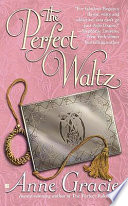

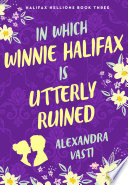
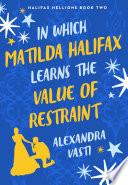
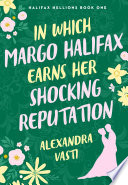
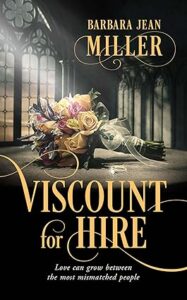



The excerpt you quote above is absolutely satirical, and so cannot even be taken seriously as far as sexism goes (it rates both sexes equally poorly), but it is a good example of where Heyer got the phrase and it’s tongue-in-cheek intent.